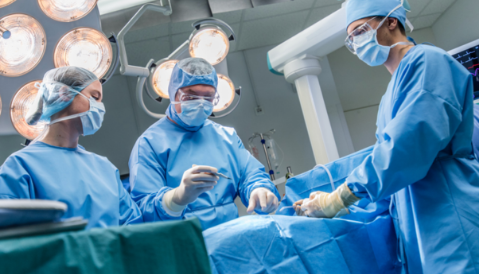Pravin Patole (Transplant Year: 2021)
Treatment : Liver Transplant
Saket Khadakkar (Transplant Year: 2021)
Treatment : Liver Transplant
Pravin Patole (Transplant Year: 2021)
Treatment : Liver Transplant
Saket Khadakkar (Transplant Year: 2021)
Treatment : Liver Transplant
Pravin Patole (Transplant Year: 2021)
Treatment : Liver Transplant
Saket Khadakkar (Transplant Year: 2021)
Treatment : Liver Transplant
Error: Contact form not found.

Liver transplantation is a surgery performed to replace the malfunctioning liver of the recipient with the healthy liver of the donor. The donations may come from deceased or living organ donors. Most of the organ donors are cadaveric or deceased donors.
A liver transplant is considered as an option when the liver ceases to perform its function adequately. In early ages, survival for a longer span after the transplant was poor. Advancement in technology, equipment, and anti-rejection medicines has increased the survival rate post-surgery in children.
However, liver transplants in children are only recommended after the doctors have tried all other treatments to save the child’s liver. The most common disease in children who needs a liver transplant is biliary atresia. It is a childhood disease that develops in the bile ducts preventing bile from passing from the liver into the intestines.
Other disease that may cause liver failure includes:
Apart from these entire factors, the rarest cause of liver failure is liver cancer. It is when the malignant tumor starts to build in or on the liver. In this case, surgery remains the only option to remove the tumor.
Considering all these conditions and functionalities, it is necessary for a child to undergo a liver transplant to treat these diseases and conditions that have damaged the liver or caused it to work improperly.

Transplantation is a treatment, not a cure. A kidney is an organ that filters waste from the blood and other fluids, and thereby removes it from the body in the form of urine....
Transplantation is a treatment, not a cure. A kidney is an organ that filters waste from the blood and other fluids, and thereby removes it from the body in the form of urine....